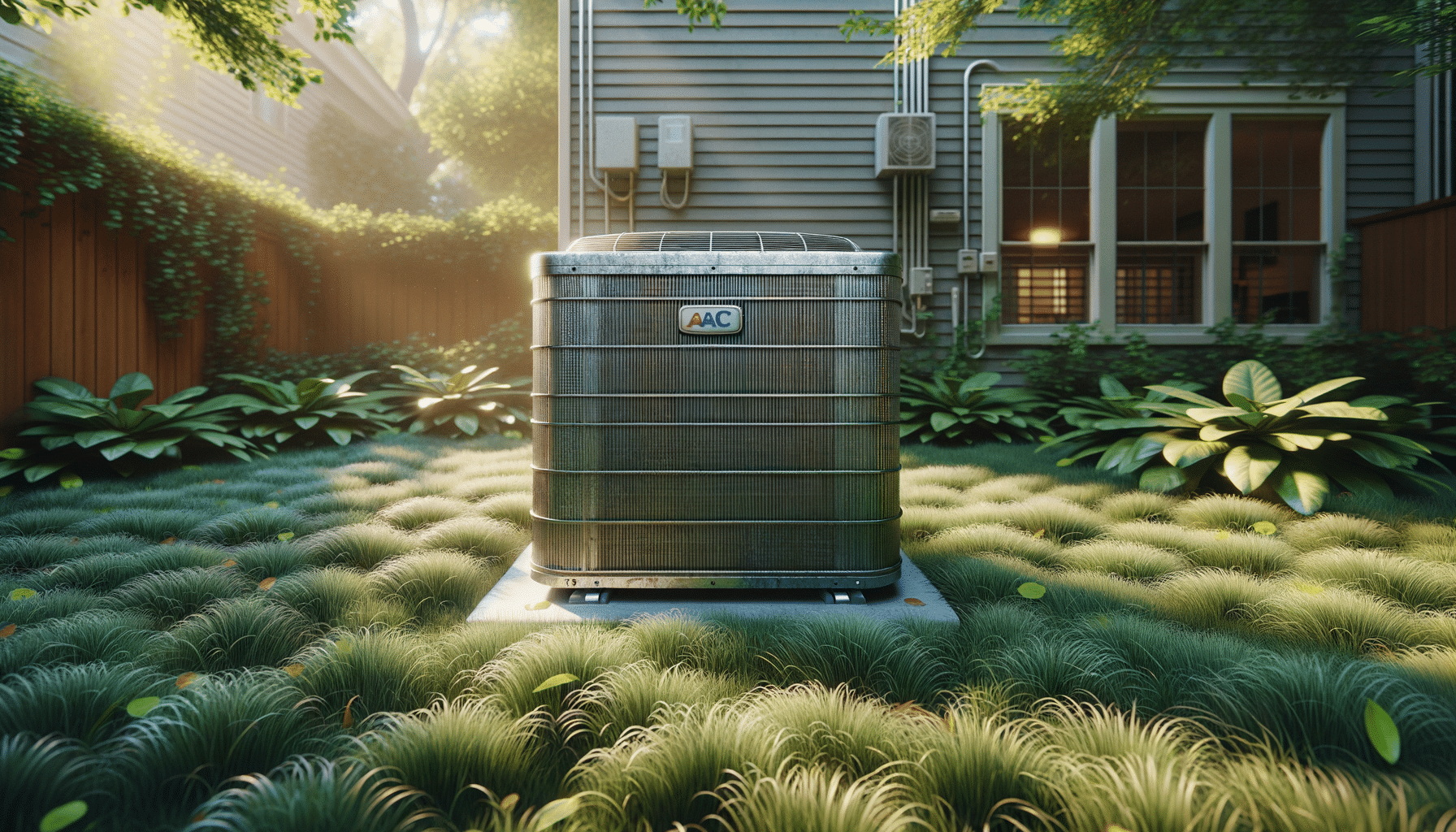
Essential HVAC Maintenance Tips for Homeowners
Introduction to HVAC Maintenance
Heating, Ventilation, and Air Conditioning (HVAC) systems are vital for maintaining comfort in your home throughout the year. Regular maintenance of your HVAC system is crucial to ensure it runs efficiently, saving energy and reducing costs. Neglecting these systems can lead to unexpected breakdowns and increased energy consumption. This article will guide you through essential HVAC maintenance tips for homeowners, helping you maintain a comfortable and energy-efficient home environment.
Regular Filter Replacement
The first step in maintaining an efficient HVAC system is to regularly replace or clean the filters. Dirty filters block airflow and significantly reduce a system’s efficiency. According to industry standards, filters should be checked monthly and replaced every three months. By doing so, you can improve air quality and reduce energy consumption by up to 15%. Opt for high-efficiency filters that capture more particles and improve indoor air quality.
Inspect and Clean the Outdoor Unit
The outdoor unit, or condenser, is an integral part of your HVAC system. It is exposed to the elements, which can lead to the accumulation of dirt, leaves, and debris. Regularly inspecting and cleaning the outdoor unit ensures optimal airflow and efficiency. Use a garden hose to gently wash away debris from the fins, and ensure there is at least two feet of clearance around the unit. This simple maintenance task can prevent overheating and improve the system’s performance.
Check and Clear the Drain Line
The drain line is responsible for removing condensation from the evaporator coil. Over time, it can become clogged with algae or debris, leading to water damage and decreased efficiency. To prevent this, homeowners should periodically check the drain line and clear any blockages. A simple method is to use a mixture of vinegar and water to flush the line, preventing clogs and ensuring the system operates smoothly.
Schedule Professional Maintenance
While there are many maintenance tasks homeowners can perform themselves, scheduling professional maintenance at least once a year is essential. A certified technician can conduct a thorough inspection, identify potential issues, and perform necessary repairs. This proactive approach can extend the lifespan of your HVAC system and prevent costly repairs. Professional maintenance typically includes checking refrigerant levels, inspecting electrical components, and ensuring the system is operating efficiently.
Conclusion: Maintain Comfort and Efficiency
Regular HVAC maintenance is a critical aspect of homeownership that ensures comfort and efficiency. By implementing these maintenance tips, homeowners can reduce energy costs, improve air quality, and extend the life of their HVAC systems. Remember, a well-maintained HVAC system not only enhances comfort but also contributes to a healthier and more sustainable living environment.


